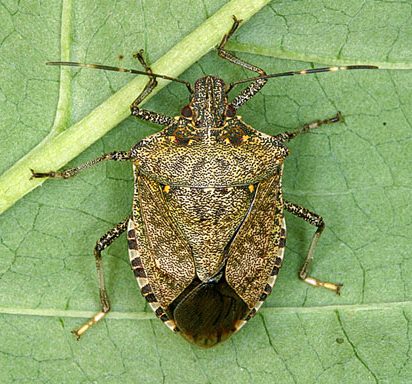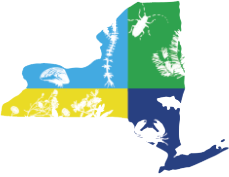The Entomological Society of America (ESA) has issued a statement about the dangers of invasive species and the potential threats they pose to U.S. national interests by undermining food security, trade agreements, forest health, ecosystem services, environmental quality, and public health and recreation.
Invasive insects alone incur control costs of over $2.5 billion in the U.S. per year and cause losses to crops, lawns, forests, and pastures totaling at least $18 billion per year.
Invasive insects such as the Asian tiger mosquito (Aedes albopictus) threaten to set-off pandemics of dengue, chikungunya, and Zika, and invasive Culex mosquitoes are known to transmit West Nile virus. Other insects, such as the oriental fruit fly (Bactrocera dorsalis), the Asian citrus psyllid (Diaphorina citri), the brown marmorated stink bug (Halyomorpha halys), and the emerald ash borer (Agrilus planipennis) cause billions of dollars worth of damage to U.S. forests and agriculture each year.
Federal funding is instrumental for the successful prevention, early detection, and eradication of invasive species. Increased funding for competitive research should focus on better understanding the biology of invasive species and all of the steps of the invasion process. Emphasis should be put on systematics and identification (taxonomy), pathway management, ecology, evolution, risk assessment, pest management, and social science. Only through investment in research will we save billions of dollars that are currently lost to invasive arthropods that threaten valued resources and public health.
Without strong funding initiatives, legislative defense barriers, and increased public awareness, the economic impact of invasive species will continue to grow. Only through truly coordinated efforts among universities, private industry, non-governmental organizations, and the state and federal governments will we be able to stem the tide and prevent or manage invasive species.

Brown Marmorated Stink Bug (Halymorpha halys)
Photo Credit: Rutgers University, NJ Agricultural Experiment Station

